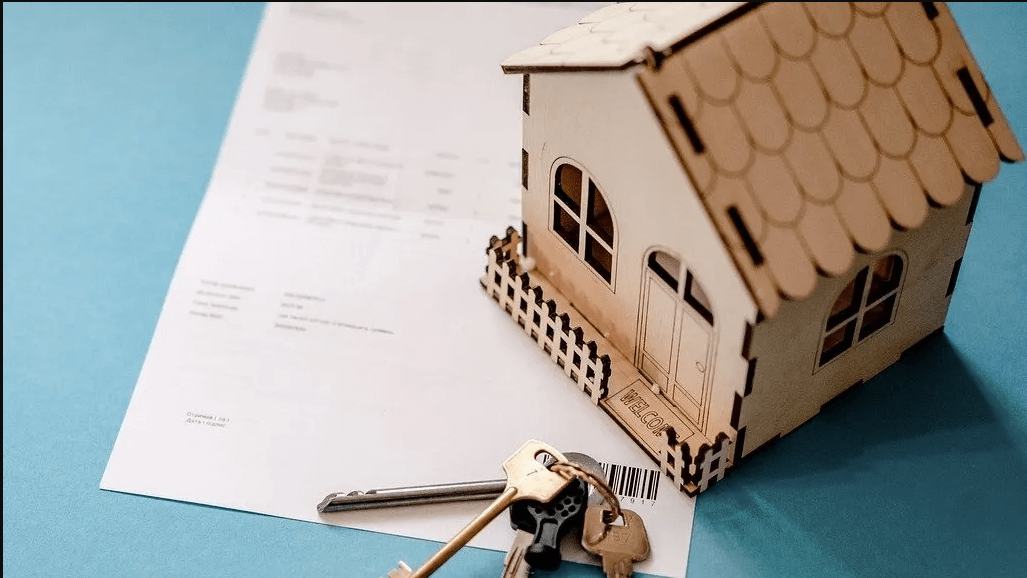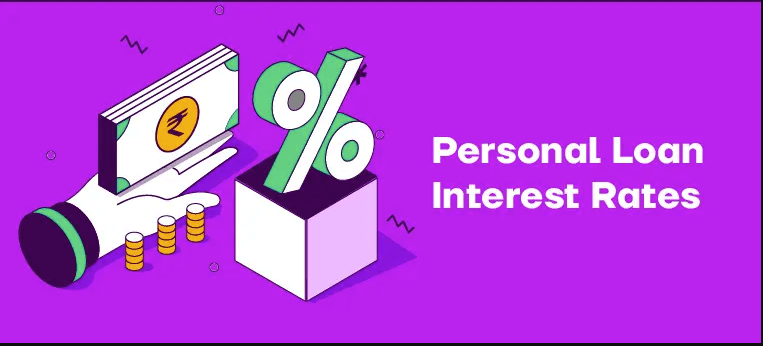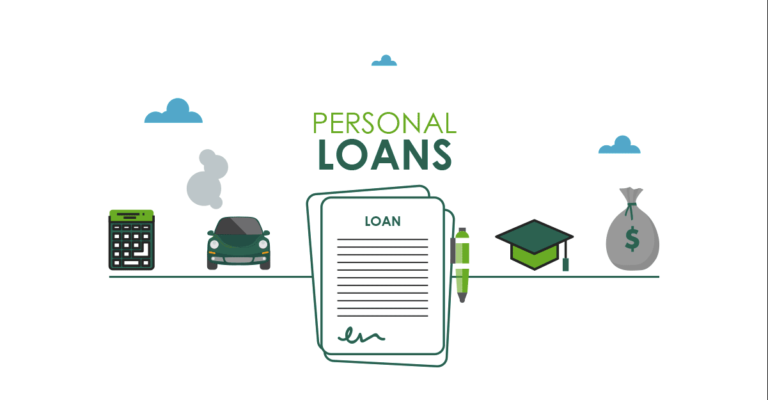What is a Good Interest Rate for a Home Loan?
In homeownership, one of the most crucial financial considerations is the interest rate on a home loan. The interest rate plays a significant role in determining the overall cost of borrowing, impacting monthly payments and the total amount repaid over the life of the loan. Understanding what is a good interest rate for a home loan is essential for prospective homeowners seeking to make wise and informed decisions.
Factors Affecting Home Loan Interest Rates:
Economic Conditions:
Economic factors, such as inflation, economic growth, and the policies of central banks heavily influence interest rates. During economic prosperity, interest rates tend to be higher, while in periods of economic downturn, rates may decrease to stimulate borrowing and spending.
Credit Score:
Individual creditworthiness significantly impacts the interest rate offered by lenders. Borrowers with higher credit scores are generally eligible for lower interest rates, as they are perceived as lower-risk borrowers.
Loan Term:
Shorter-term loans often have lower interest rates compared to longer-term loans, as the lender assumes less risk with a quicker repayment period.
Loan Amount:
Larger loan amounts may come with higher interest rates due to the increased risk for the lender.
Down Payment:
A larger down payment can result in a lower interest rate, as it shows the borrower’s commitment and reduces the loan-to-value ratio.
Type of Interest Rate (Fixed vs. Adjustable):
The type of interest rate chosen by the borrower is crucial. Fixed-rate mortgages offer stable and predictable payments, while adjustable-rate mortgages (ARMs) may start with lower rates but can fluctuate over time.
Current Market Trends in Interest Rates:
As the real estate market evolves, so do interest rates. It is essential for prospective homebuyers to stay informed about the current market trends in interest rates:
Overview of Current Mortgage Rates:
Currently, mortgage rates are hovering at historically low levels due to favorable economic conditions. This has presented an excellent opportunity for prospective homeowners to lock in attractive interest rates.
Predictions for Future Interest Rate Movements:
While interest rates are currently low, they are subject to change based on economic developments. Experts predict that interest rates may gradually rise in the future. Therefore, those planning to buy a home should act promptly to secure favorable rates.
The Ideal what is a good interest rate for a home loan:
Defining a “good” interest rate depends on individual circumstances and financial goals:
Understanding the Concept of “Good” Interest Rate:
A good interest rate aligns with the borrower’s financial situation and long-term objectives. It should be affordable and sustainable throughout the loan term.
How to Determine a Favorable Rate Based on Individual Circumstances:
Prospective homebuyers should evaluate their financial capacity, including income, expenses, and debt-to-income ratio, to determine the interest rate that suits them best.
How to Get the Best Interest Rate:
To secure the most favorable interest rate, potential homeowners can employ various strategies:
Improving Your Credit Score:
Enhancing one’s credit score by paying bills on time, reducing outstanding debts, and correcting errors on credit reports can lead to more favorable interest rates.
Shopping Around for Lenders:
Obtaining multiple loan offers from different lenders allows borrowers to compare interest rates and terms, ensuring they find the most competitive option.
Negotiating with Lenders:
Negotiating with lenders can be fruitful, as they may be willing to offer a lower interest rate to attract borrowers.
Considering Mortgage Points:
Paying mortgage points upfront can reduce the interest rate over the loan term, saving borrowers money in the long run.
Interest Rates on Monthly Payments:
The interest rate chosen for a home loan has a direct impact on monthly payments and the overall financial commitment:
Calculating Monthly Payments at Different Interest Rates:
Borrowers can use mortgage calculators to determine the monthly payments at different interest rates, helping them make informed decisions.
Long-term vs. Short-term Loans:
Choosing between long-term and short-term loans can affect the interest rate, monthly payments, and total interest paid.
Evaluating Loan Offers:
Comparing loan offers is crucial for finding the most suitable option:
Understanding Loan Estimates:
Loan estimates provide detailed information about the loan, including interest rates, closing costs, and loan terms.
Comparing Offers from Different Lenders:
By comparing multiple loan estimates, borrowers can identify the lender offering the most advantageous terms and interest rates. Read more…
Conclusion:
In conclusion, securing what is a good interest rate for a home loan is a vital aspect of the homebuying process. To achieve this, prospective homeowners must consider various factors, including economic conditions, credit score, loan term, and down payment. Comparing loan offers, negotiating with lenders, and understanding the impact of interest rates on monthly payments are essential steps in finding the most favorable option. By making informed decisions, individuals can confidently embark on the journey of homeownership.
FAQs:
- What is the current average interest rate for home loans? The current average interest rate for home loans is approximately [current average rate].
- How does inflation affect home loan interest rates? Inflation can lead to higher interest rates as lenders adjust to preserve the purchasing power of the money they lend.
- Is it possible to refinance a home loan to get a better interest rate? Refinancing allows homeowners to replace their current mortgage with a new one, potentially securing a better interest rate.







